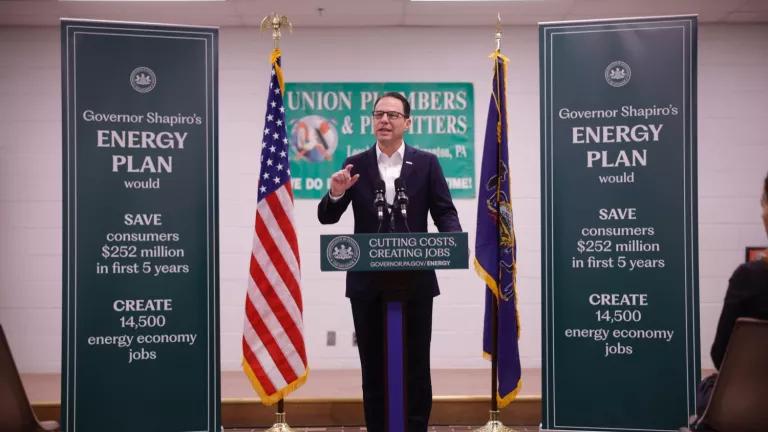Are Japan and Korea Violating the OECD Agreement on Coal?

The findings from the recent Intergovernmental Panel on Climate Change (IPCC) Special Report on 1.5 and UNEP Emissions Gap report made clear that global emissions must be decreased starting immediately. Attempts to build new fossil-fuel fired power plants contradicts the aims of the Paris Agreement and the Sustainable Development Goals. Coal-fired power plants are the largest source of emissions from the power sector. Rather than subsidizing inefficient coal plants, we applaud the steps taken by the OECD to reduce financing for coal through the "Sector Understanding on Export Credits for Coal-Fired Electricity Generation Projects." But this agreement was made to limit financing for coal-fired power plants over three years ago, in 2015. Given the findings from the recent IPCC report which imply the need for a more rapid phase-out of coal, we urge the OECD nations to do more to limit coal use. Firstly, the OECD should investigate countries that may be violating the OECD Sector Understanding on coal. Secondly, the OECD much consider doing more to phase out coal, in line with the findings of the IPCC Special Report on 1.5 and the UNEP Emissions Gap report.
Investigating Violations of the Sector Understanding
Under the OECD rules, coal-fired power plants must use ultra-supercritical technology unless they are units smaller than 300 MW (then they can be subcritical plants) or smaller than 500MW (then they can be supercritical plants). Projects must also follow guidelines for environmental and social impact assessments (ESIAs). Unfortunately, several projects being considered violate these conditions, according to the latest report from Friends of the Earth: ECA Support for Coal in the Face of OECD Financing Restrictions.
Based on the latest data, Korea and Japan are the main countries that have systematically ignored or skirted the OECD rules. OECD nations should be taking the lead in meeting one of the key goals of the Paris Agreement: “Making finance flows consistent with a pathway towards low greenhouse gas emissions and climate-resilient development.” We urge the OECD to investigate the pipeline of coal projects and to take appropriate action unless the governments involved cancel projects in violation of the sector understanding. The list of the coal plants in question and the ways in which they violate the Sector Understanding is included at the bottom of this post. Several projects are using technologies that are not allowed based on the size of the project or have conducted highly insufficient environmental and social impact assessments that do not fully consider alternative energy sources, or that falsely project future carbon emissions. Due the involvement of ECAs from Japan and Korea in several projects, we request that both governments provide additional information about these violations of the OECD Coal Sector Understanding, and provide a status update on consideration of these projects. We also request that the government of Italy and Germany provide information about their involvement with the Long Phu project.
The OECD and the Future of Coal
It is extremely important that nations are abiding by the same rules when it comes to export credits. And hence why Japan and Korea’s violations of existing rules is quite galling. But more importantly, it is time for the OECD to acknowledge that even the restrictions on coal currently in place may not be in line with the Paris Agreement and with limiting global temperature rise to 1.5 degrees Celsius. Nations need to do far more than they are currently doing. So in addition to getting transparency about the potential violations by Korean and Japanese export credit agencies of the coal sector understanding, it’s high time to re-evaluate whether OECD countries should be involved in financing any coal projects overseas at all. Plenty of private banks that aren't utilizing taxpayers funds have already gotten out of the coal business, governments shouldn't be using taxpayer money to support coal either. Coal will only become less and less competitive compared to alternative low-carbon technologies -- offering poor financial returns. It generates horrific pollution and health impacts, and damages the local environment especially local agriculture. The OECD can better align itself with the Paris Agreement by canceling the following list of coal projects, and putting in place stronger restrictions that won’t allow any future ones to be eligible for government support.



